
Online anxiety has become one of today’s most pressing mental health issues, experts warned at the ‘Under Pressure – Our Anxieties in the Real and Virtual World’ conference held on Wednesday in Budapest, Hungary.
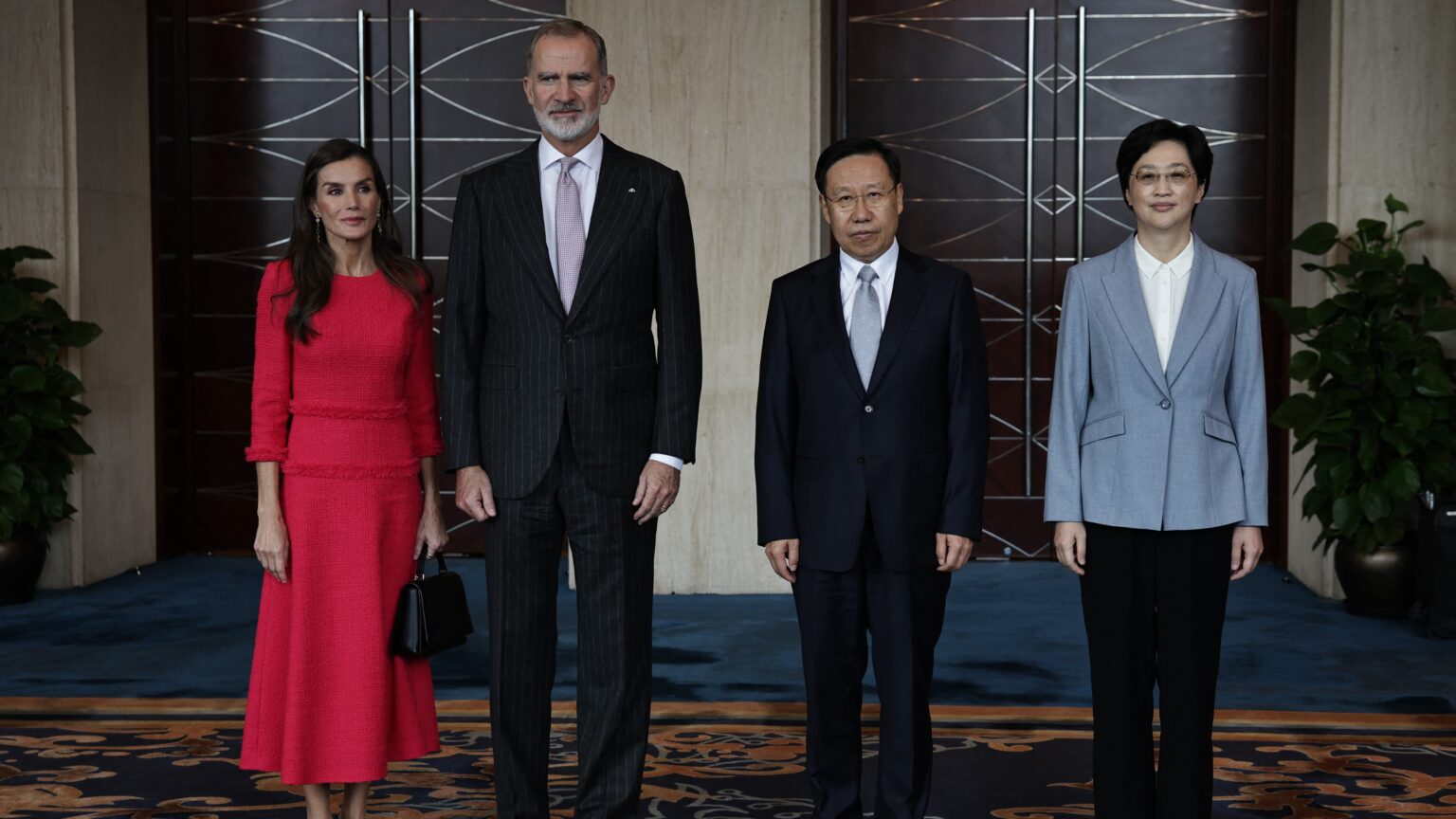
‘Spain’s cultural diplomacy in Chengdú and Beijing may win headlines, but its deeper strength lies in its ties to the Ibero-American world.’

At an event, singer Tish Hyman confronted California State Senator Scott Wiener about biological men identifying as women being allowed in women’s locker rooms by local state laws. Hyman claims to have been assaulted by a trans woman at a gym.

More than 82 million forints have been collected through Hungary’s bottle return donation system. Until 31 December, those using REpont machines can choose to donate their refunds to support disadvantaged children and families.

‘The renovation of the Hijaz railway is not an independent project but part of broader Turkish foreign policy, which aims to elevate Türkiye’s position in the Middle East hierarchy. Through neo-Ottomanism, Ankara is not only striving to be a strong actor in the region but also to be indispensable to the local states.’

Momentum co-founder and MEP Katalin Cseh has announced that she is joining the newly founded Hungarian Humanists’ Party. The pink-themed progressive movement, established by Richárd Barabás, promises ‘more EU and Pride flags’ and ‘less machismo and hatred’ in politics—prioritizing the advancement of a woke agenda above all else.
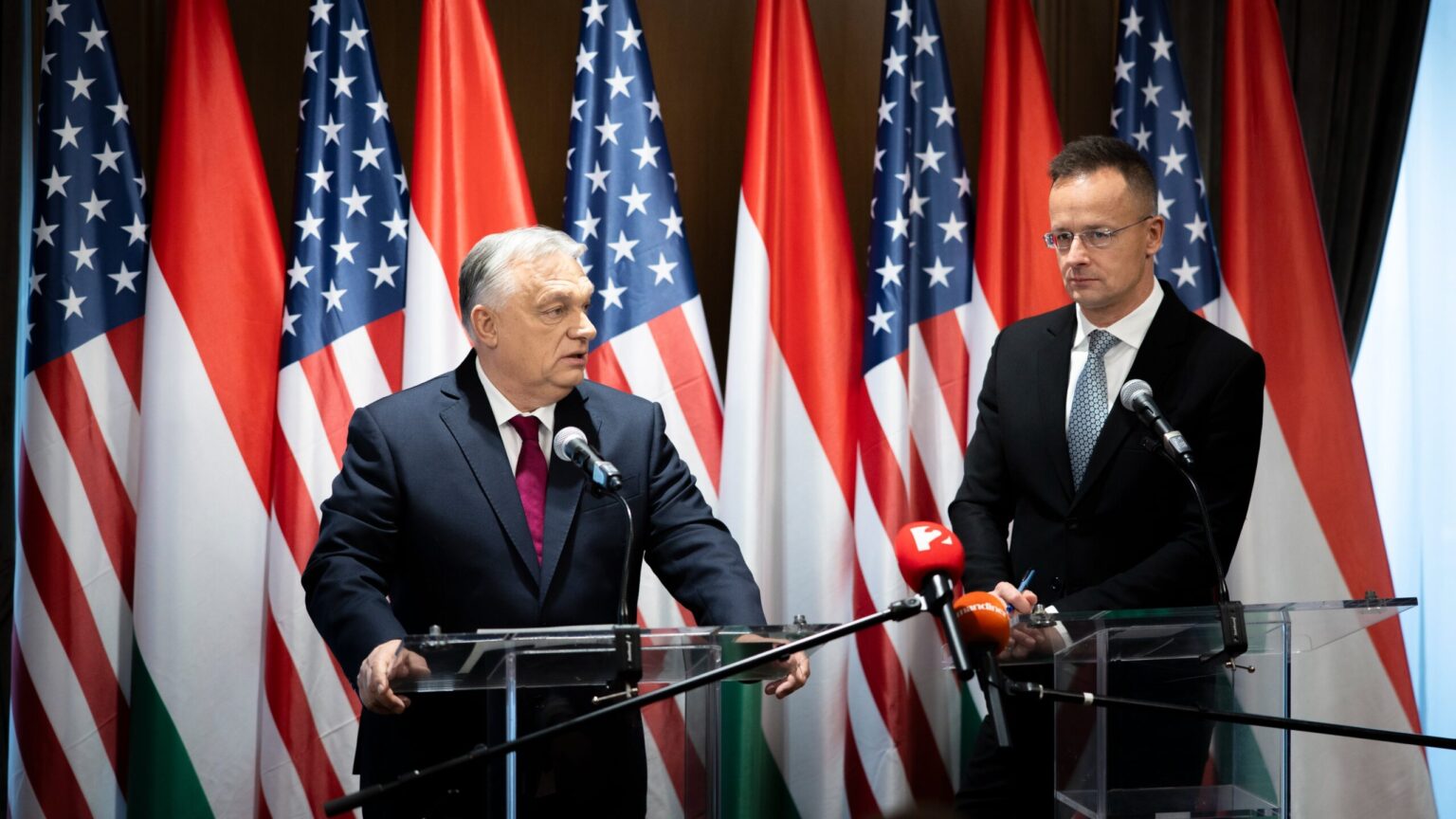
Hungary has secured a ‘financial shield’ from the United States to guard against external financial or political attacks, Prime Minister Viktor Orbán said after meeting US President Donald Trump. The mechanism, a currency swap agreement, strengthens Hungary’s economic resilience—contrary to opposition claims that it represents a loan or bailout.

At a landmark diplomatic event, Hungarian PM Viktor Orbán met US President Donald Trump to secure an exemption from sanctions on Russian oil in exchange for buying US-made nuclear components, including SMRs. Energy expert Máte Tóth said the deal boosts Hungary’s self-sufficiency and cements its role as a regional hub in oil, gas, and soon electricity.
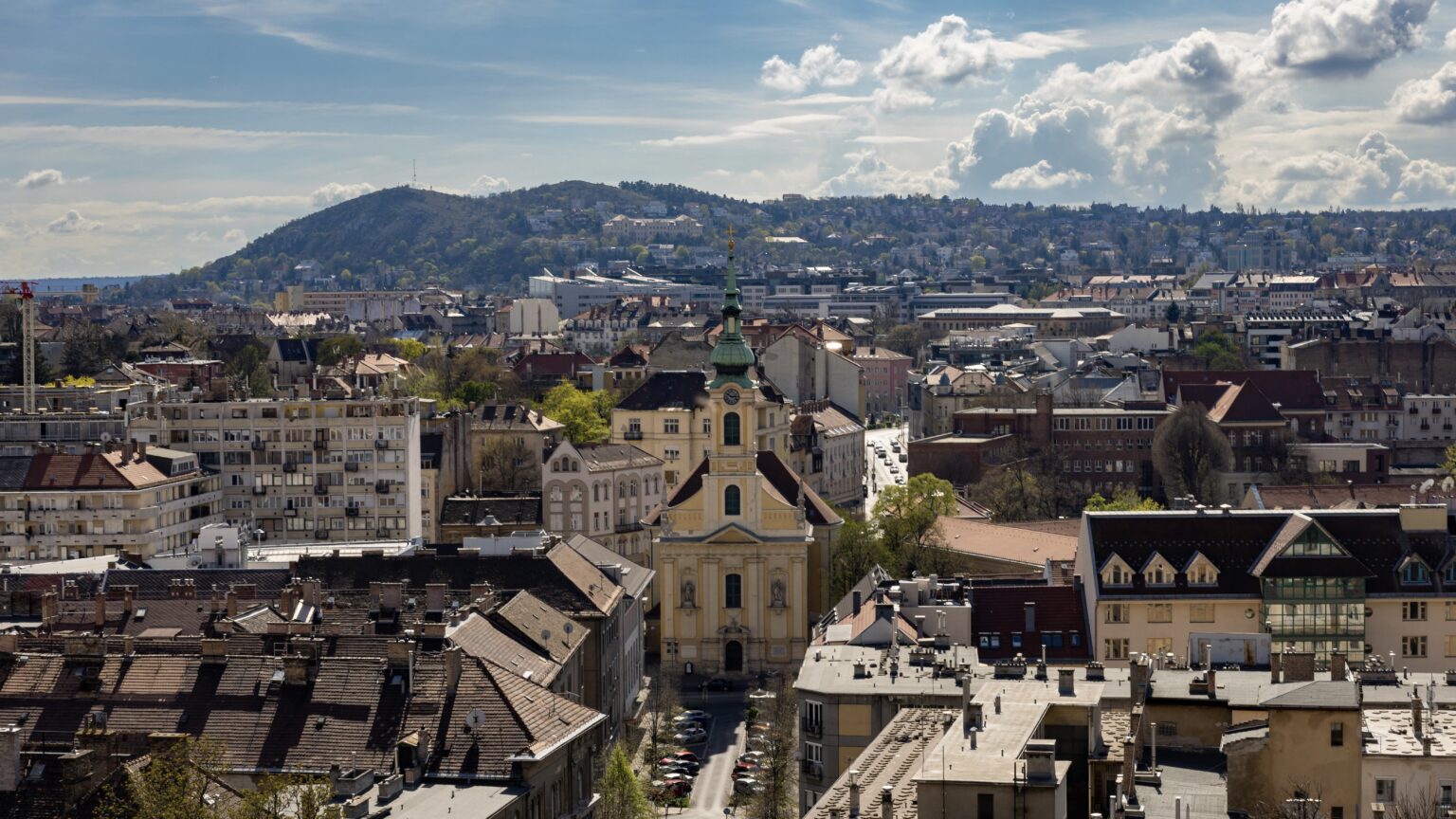
Rental prices in Hungary continued to decline in October 2025, with Budapest rents falling by 1 per cent and the national average by 0.7 per cent, according to the KSH–ingatlan.com Rent Index. This marks the sharpest two-month drop since late 2020, during the COVID-19 pandemic.

‘Shortly after the press conference between the two countries, the mainstream media began to sow doubts about Hungary’s diplomatic achievement. Citing anonymous sources, Reuters and the BBC started to spread rumours that Hungary received its exemption for only one year.’
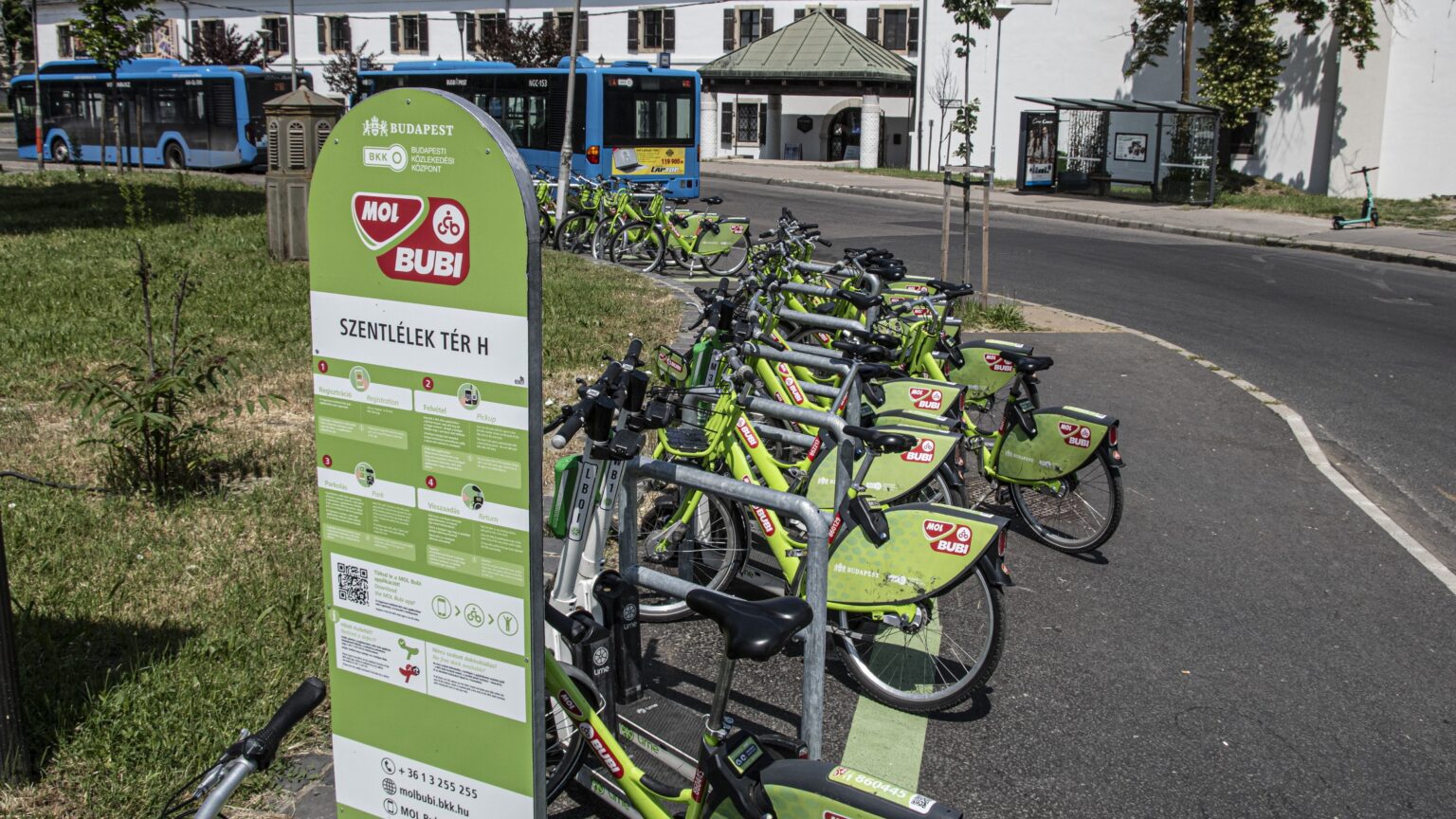
Budapest’s bike-sharing system, MOL Bubi, will introduce a new 500-forint winter pass available from 23 November until 23 December, when the current service contract expires. A next-generation system with more bikes, including e-bikes, is expected to launch next year.

‘The Russians copied the engine and implemented it into a very good aerial design that became the MiG-15 fighter jet.’
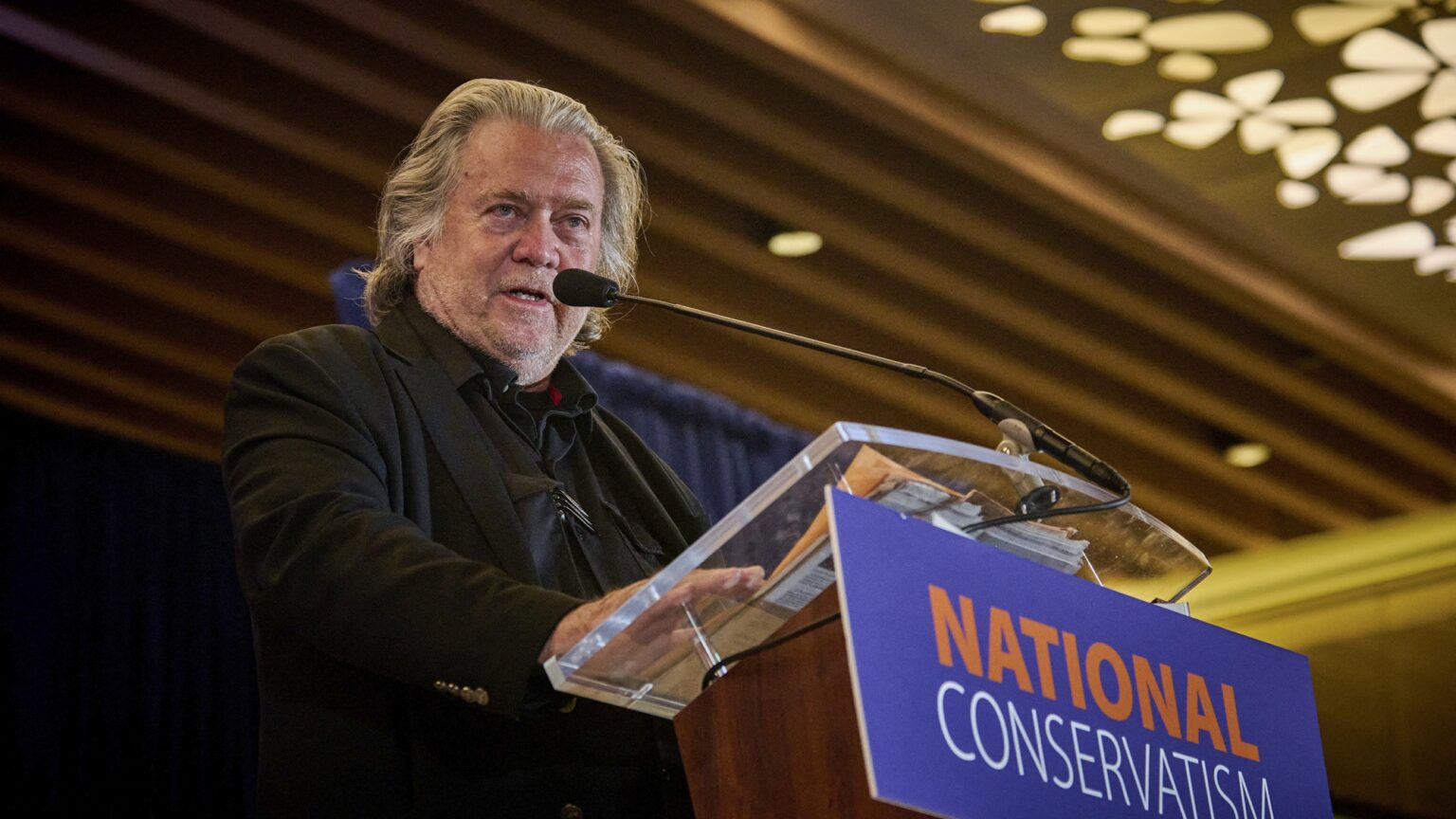
Key Trump ally Steve Bannon praised Hungary and Prime Minister Viktor Orbán, saying the country is ‘thriving’ because it has resisted mass migration. Comparing Hungary and Poland to Western Europe, he argued that nations like Germany, France, and England are ‘collapsing’ due to their migration policies.
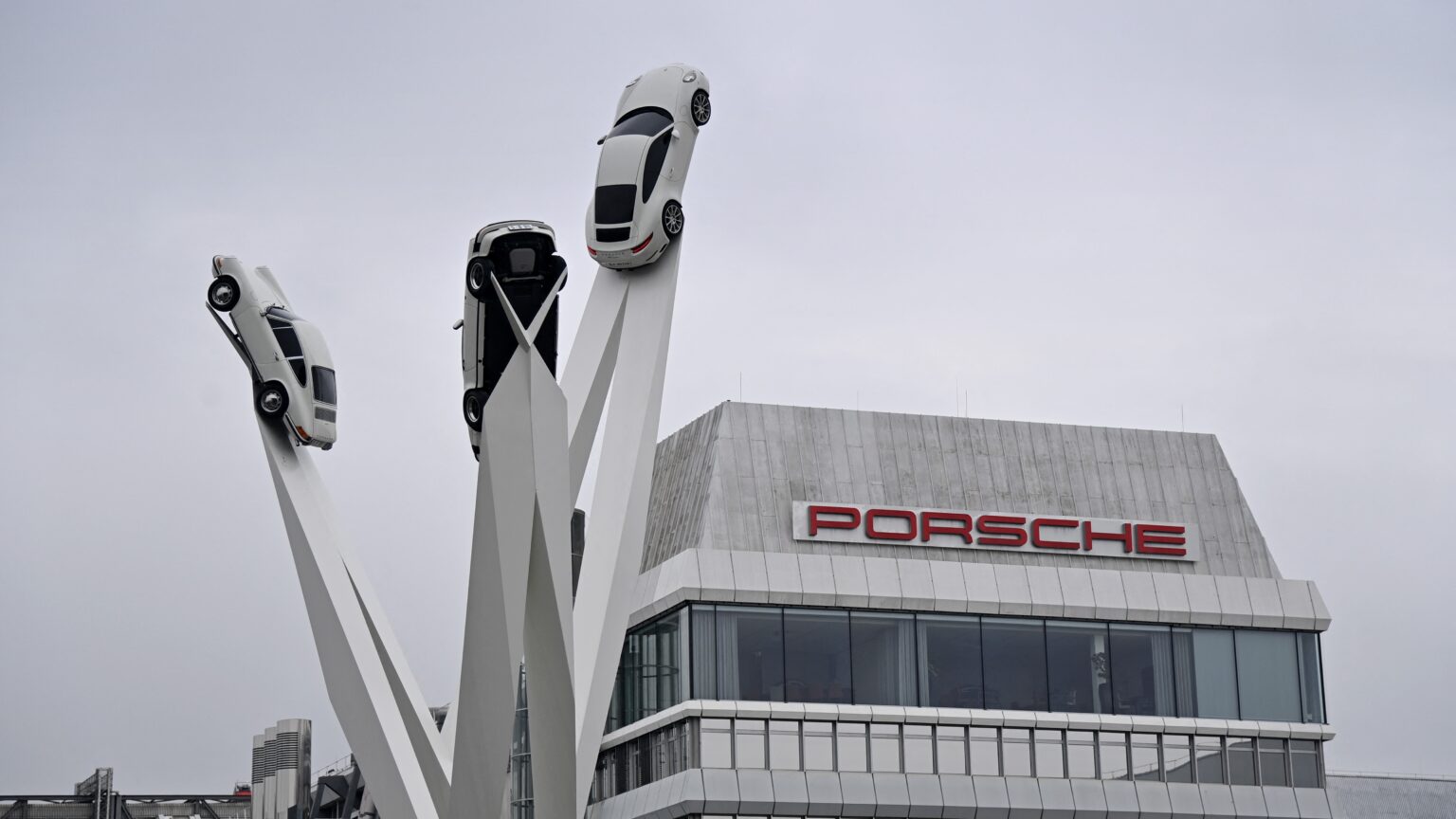
Porsche Hungaria is expanding its parts and logistics centre in Budaörs with a 20-million-euro investment. The new 11,500-square-metre warehouse, set to open in 2027, will strengthen the company’s regional supply network across nine Central and Eastern European countries.

‘The Trump administration has made it clear that there will be no case closed in Gaza without the complete disarmament of Hamas. Shortly after the agreement came into effect, the President made a plain threat to the Gaza-based terror group: “If they don’t disarm, we will disarm them and it will happen quickly and perhaps violently.”’
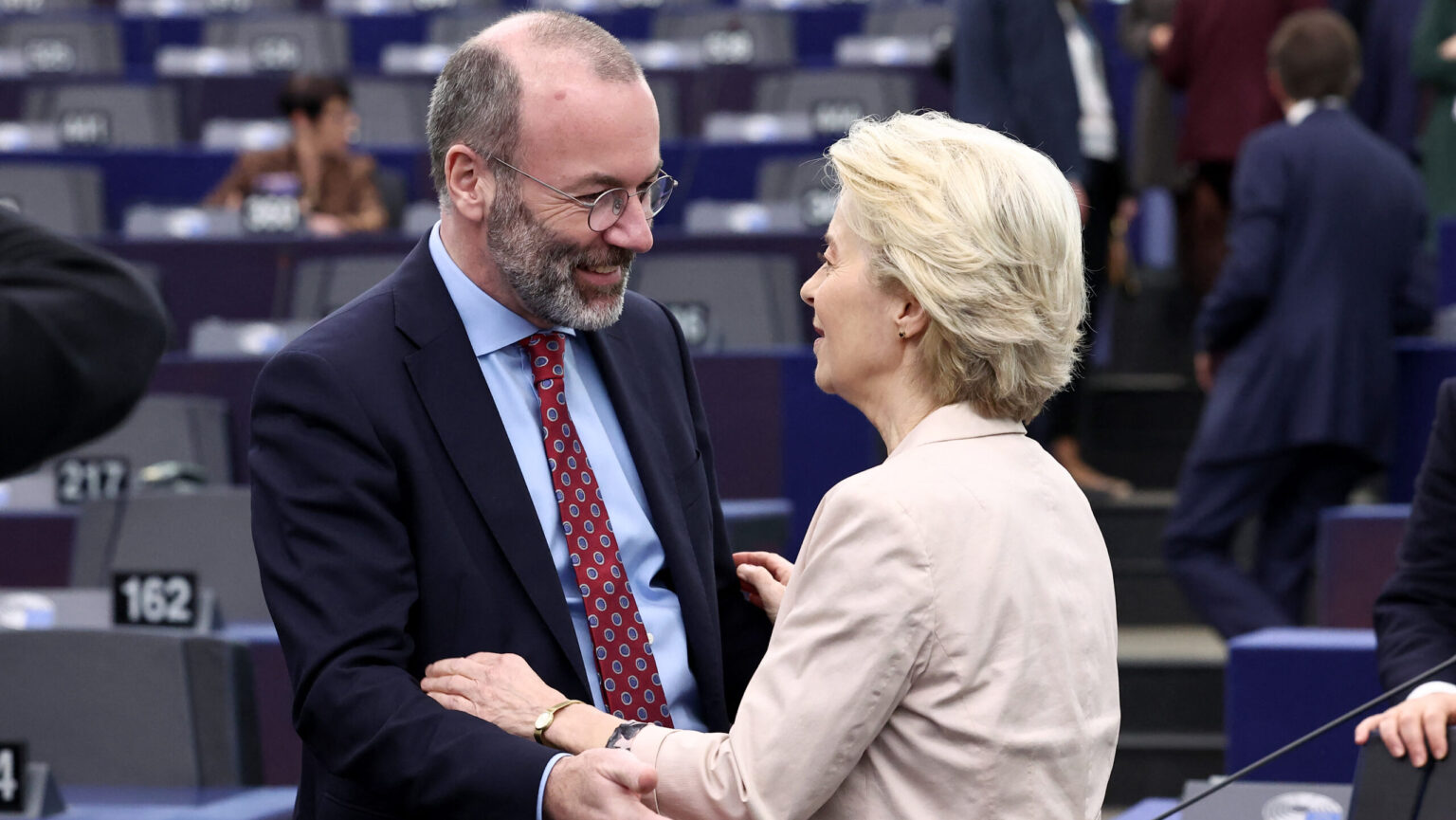
The European People’s Party (EPP) is blocking a European Parliament inquiry into alleged Hungarian espionage in Brussels, warning that such a move could strengthen Prime Minister Viktor Orbán just months before Hungary’s 2026 election. Progressive groups argue the probe is vital to protect EU institutions’ integrity.
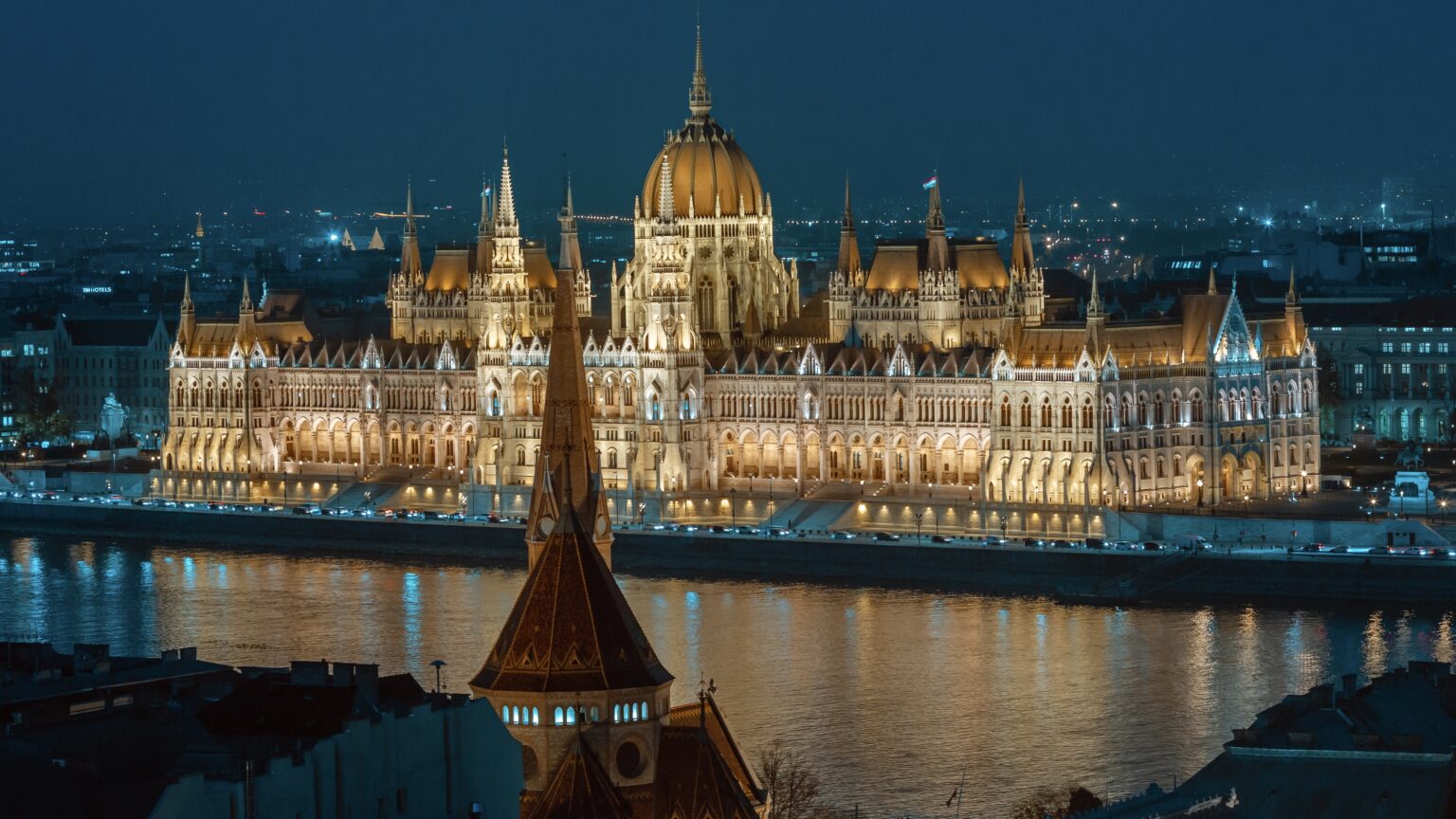
Budapest celebrates its birthday this year with a vibrant lineup of events, including the return of the popular Metro Festival, the festive party tram, and the opening of the city’s Christmas fair in City Hall Park.
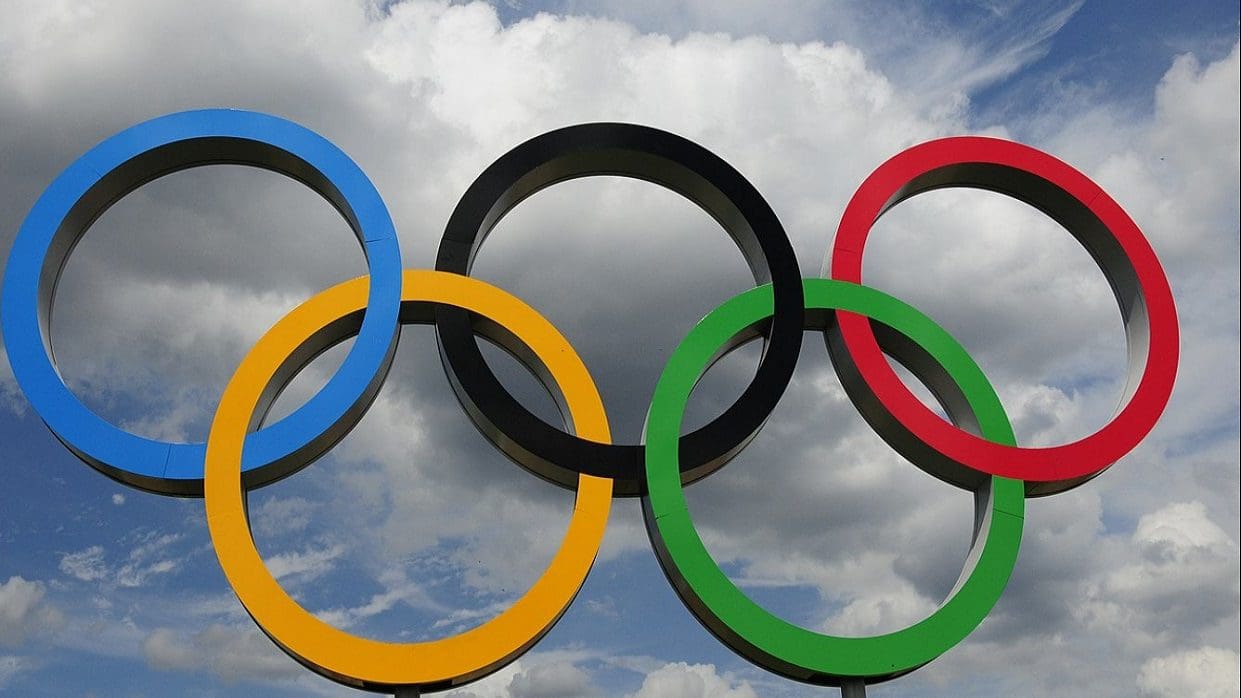
The International Olympic Committee (IOC) is set to ban biological males identifying as women from competing against female athletes, according to reports by The Times. IOC President Kirsty Coventry, the first female and first African person to serve in the position, has previously claimed she wants to ‘protect women’.

The multinational reserve exercise Moonstar 2025 has begun in Hungary, bringing together around 150 Hungarian, Polish, and Slovak reservists for live-fire tactical training, with Slovenian and Croatian observers also taking part.

‘From the Middle Ages, a rare folk custom, still popular today, was associated with the holiday: the consumption of goose dishes…The custom was traditionally explained by a scene from the saint’s legend: Martin humbly hid in the goose pen so that he would not be elected bishop, but the geese betrayed him with their cries.’

Hungarian Defence Minister Kristóf Szalay-Bobrovniczky confirmed that Hungary plans to acquire HIMARS rocket artillery systems from the United States, marking a new phase in bilateral defence cooperation. He said talks at the Pentagon followed the Trump–Orbán summit, which removed political obstacles that had stalled military contracts under the previous US administration.
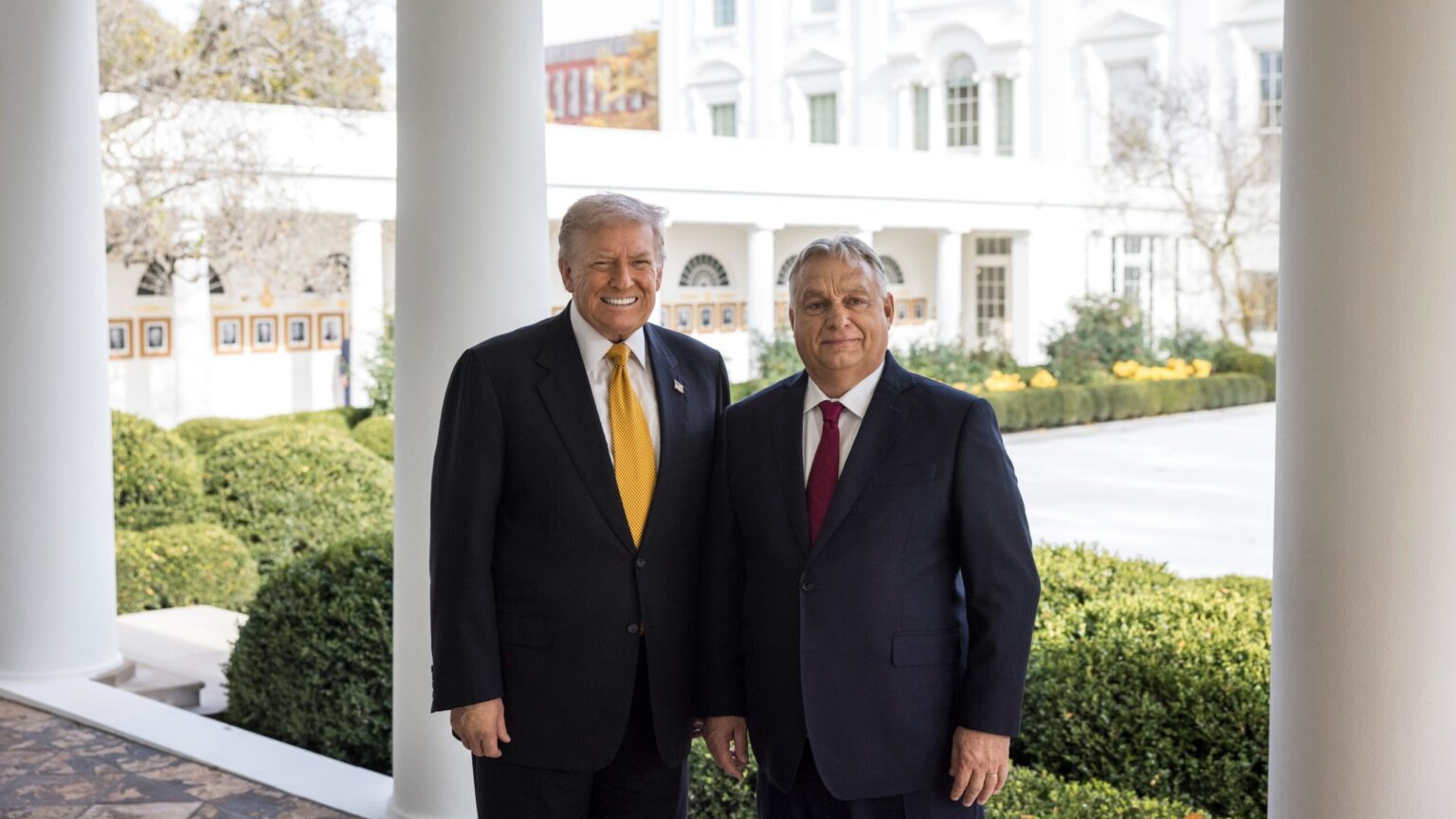
Viktor Orbán’s meeting with Donald Trump symbolized a deeper struggle for the soul of Western civilization. With Washington now backing Europe’s sovereignist governments, Hungary’s 2026 election has become more than a political contest—it is a referendum on whether Christianity, family, and nation can survive the globalist onslaught.

On his way to his meeting with US President Donald Trump, Prime Minister Viktor Orbán of Hungary was interviewed by the Center for Fundamental Rights’ Miklós Szánthó. The American and European deep state, the ideological similarities between him and President Trump, and other important topics were discussed.
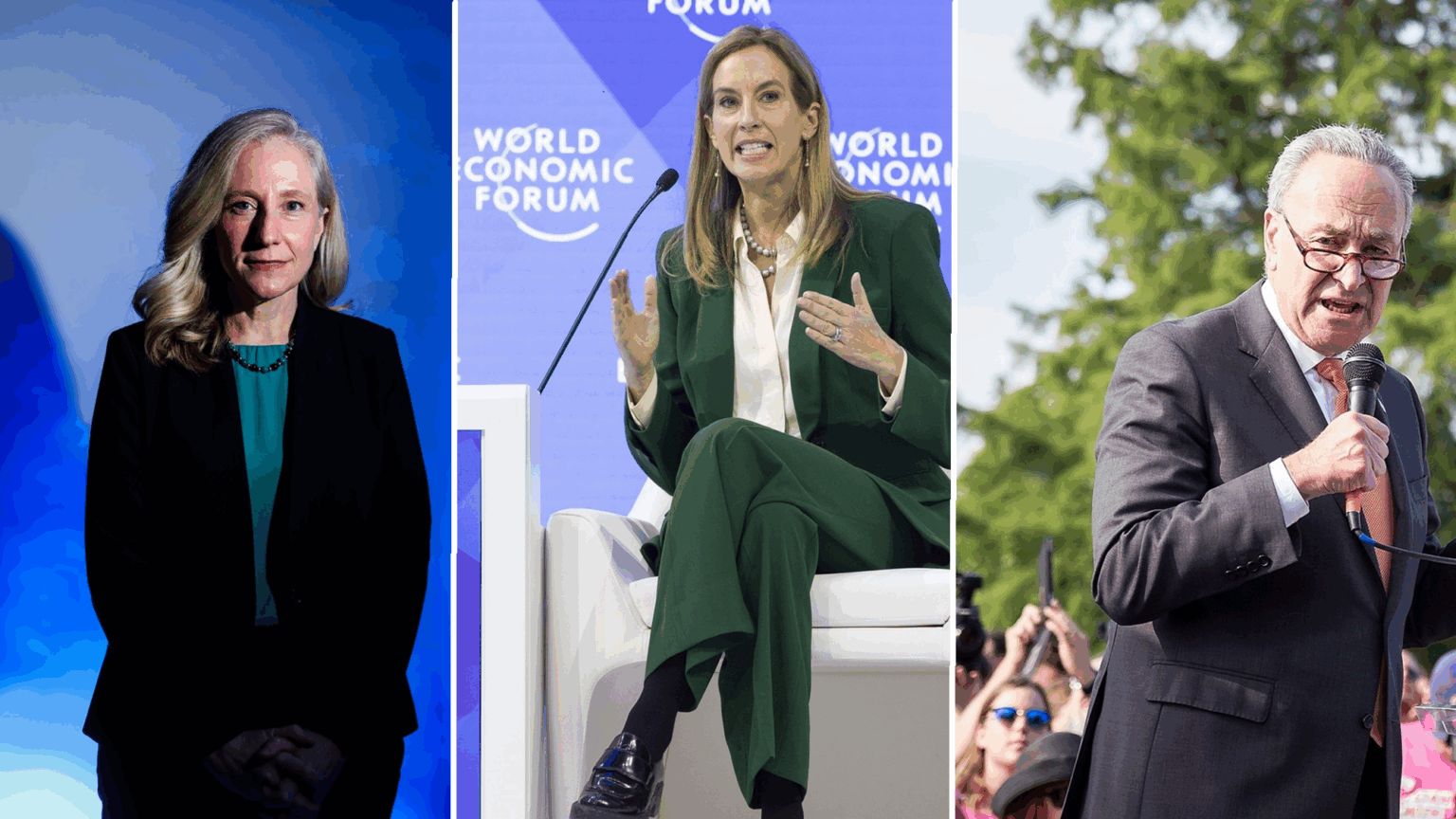
Democrats have won big in Virginia and New Jersey, and the government shutdown, thank God, is on track to end after a record 41 days. Here are a few important takeaways from the last few eventful weeks in American politics.

Hungarian businesses are rushing to apply for the new fixed 3 per cent loan scheme: over 5,000 applications worth 280 billion forints were filed in just one month under the Széchenyi Card Programme, the Ministry for National Economy announced.
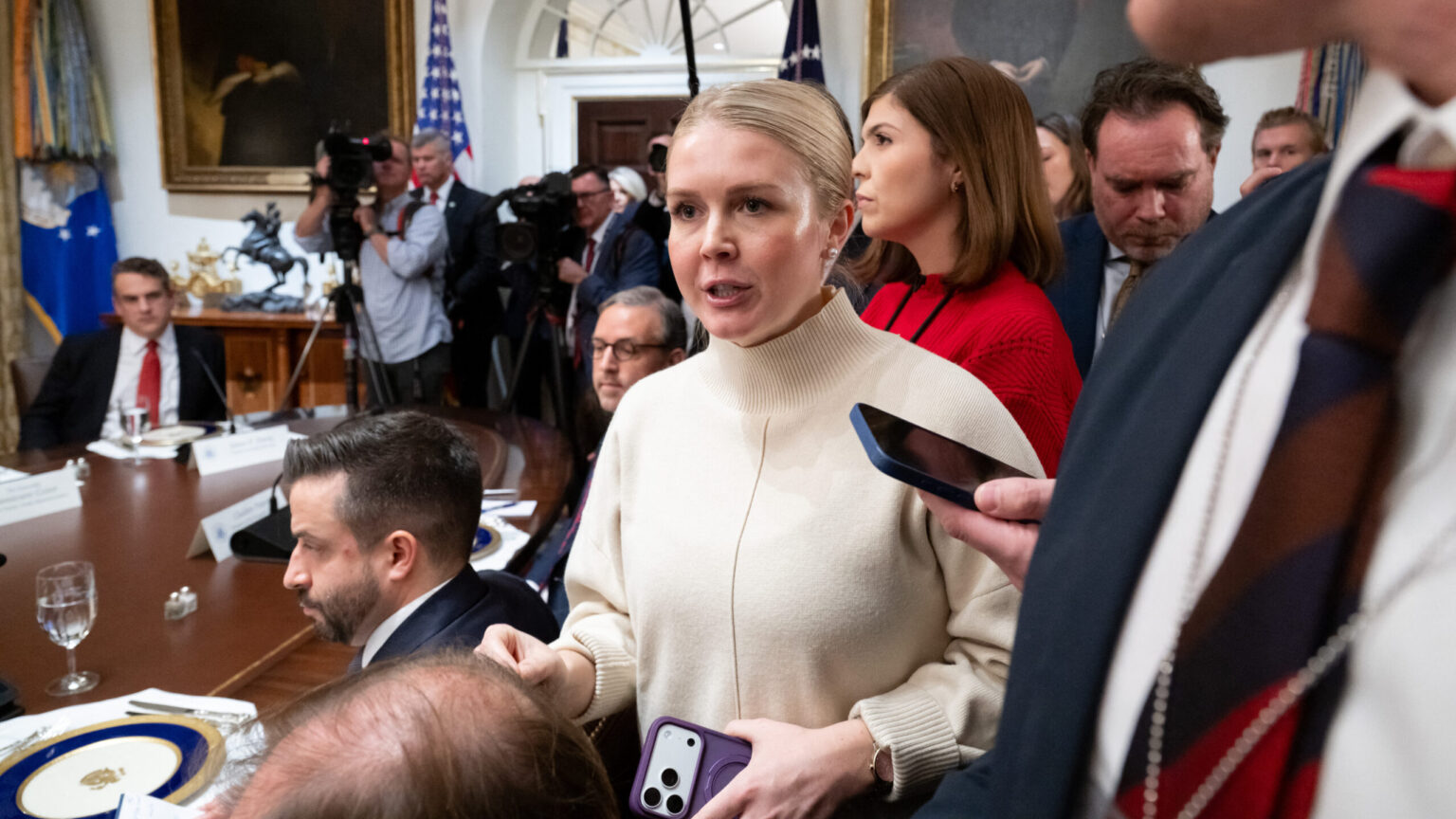
Few world leaders have appeared as natural in the White House as Hungarian Prime Minister Viktor Orbán, who met US President Donald Trump on Friday in an atmosphere of warmth and humour. During a lively press briefing, Orbán jokingly asked to hire Trump’s press secretary, Karoline Leavitt—prompting laughter and millions of views online as both leaders reaffirmed their close rapport.

A team of Hungarian students from the Mathias Corvinus Collegium (MCC) achieved an outstanding result at this year’s FIRST Global Challenge robotics competition in Panama, securing 4th place among 195 participating countries.
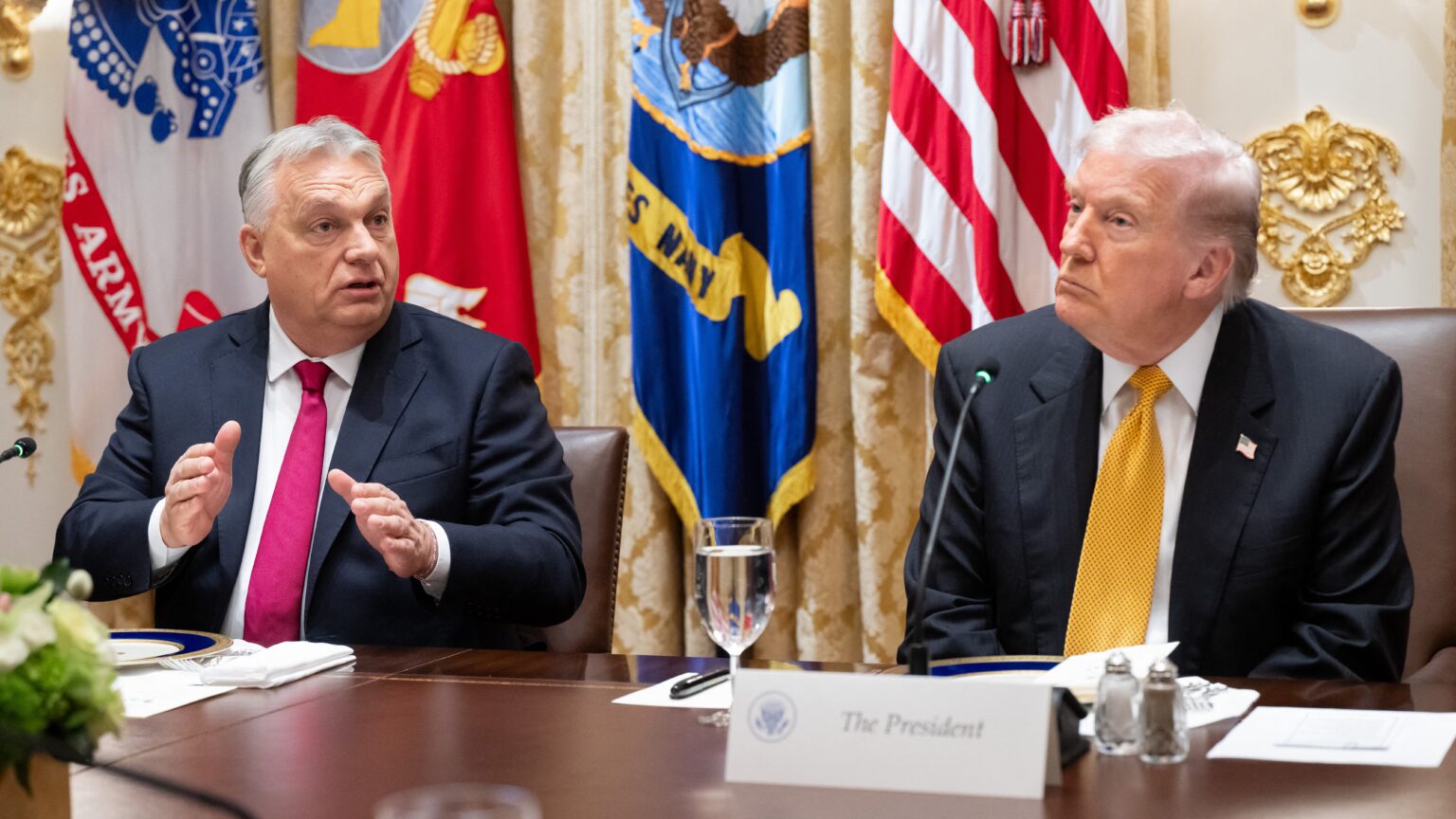
‘Attacks from the Dems are ultimately to be expected, with the cause secondary to the pure utility of attacking Europe’s most effective right-wing leader.’

Hungary could become a regional reference point in the field of modular nuclear reactors, Olivér Hortay, Head of energy and climate policy at the Századvég Foundation said following the new US–Hungarian agreement enabling the deployment of small modular reactors.

‘What does democracy look like today?…We have become socially liberal, while the government has become more federalist and centralized.’